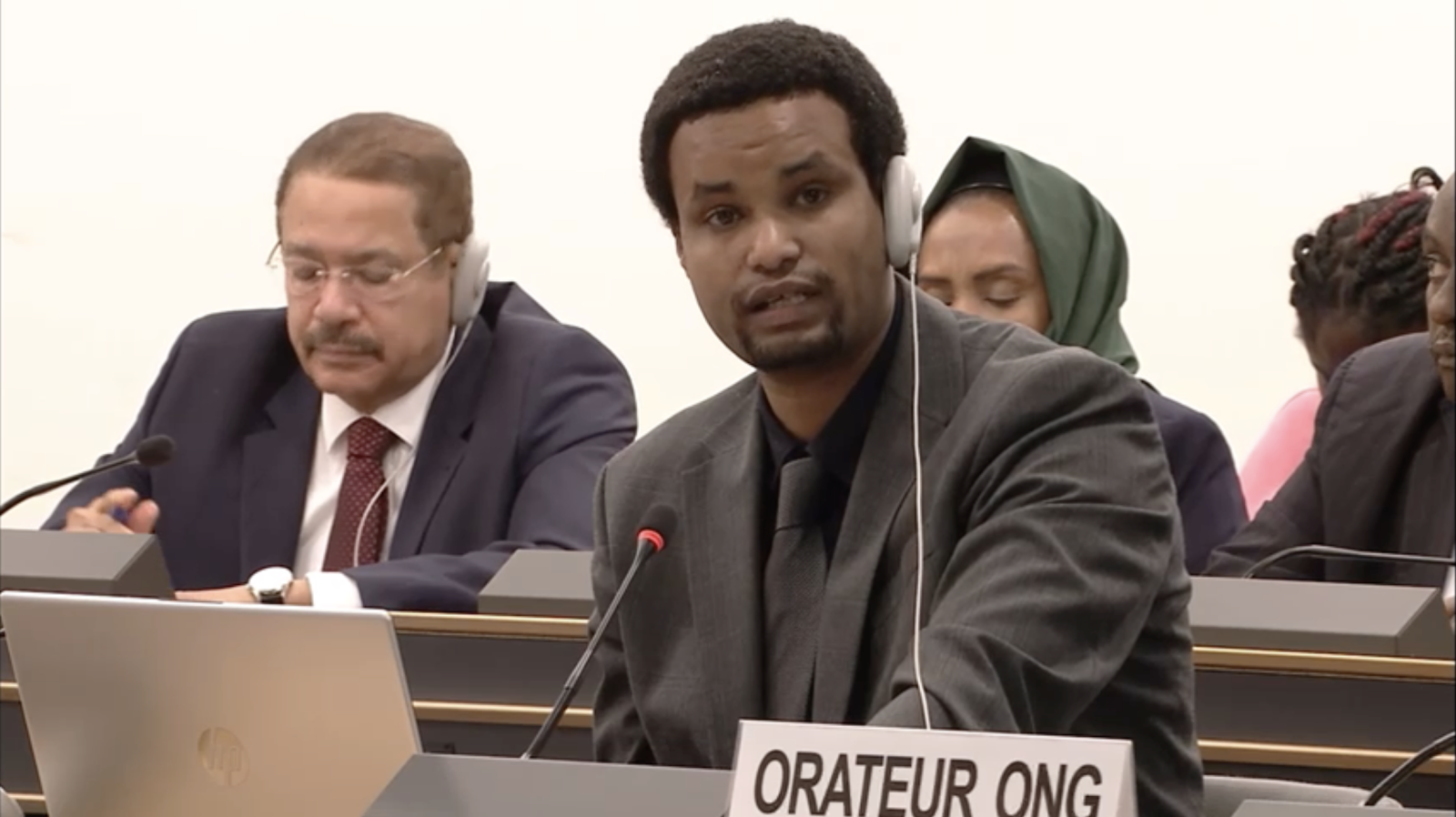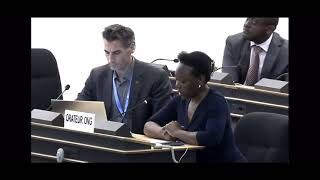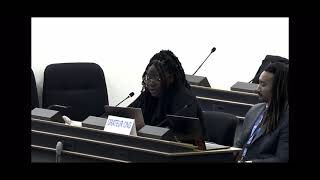The 60th Session of the Human Rights Council
8th September to 8th October 2025
Item 4: Interactive Dialogue with the Special Rapporteur on Burundi
(19 September 2025)
Written Statement Submitted by Geneva International Centre for Justice
Delivered by Haliema Sharfeddine and written by Jamel Nampija
Mr. President,
We thank the Special Rapporteur for his report, which presents a deeply concerning view of the human rights situation in Burundi.
We are concerned by the severely restricted civic and political space that persists. Opposition leaders have been excluded from elections, party offices have been destroyed, and citizens coerced into so-called "contributions" under threat of reprisals.
Incidents of torture, enforced disappearances, and arbitrary arrests persist, with the National Intelligence Service, police, and Imbonerakure identified as key perpetrators. Impunity remains the rule.
Institutions that are supposed to protect human rights are undermined by political interference. The judiciary lacks independence, the Human Rights Commission has lost its credibility, and the Truth and Reconciliation Commission has been politicised, which is eroding trust in the reconciliation process.
At the same time, ordinary Burundians are facing severe food insecurity, collapsing health services, and violations of the rights of women and children. Refugees remain exposed to intimidation, forced repatriation, and even abductions.
EAFORD and the Geneva International Centre for Justice urge the Government of Burundi to:
1. Fully cooperate with the Special Rapporteur by granting immediate and meaningful access for country visits, allowing for the documentation of human rights abuses.
2. Respect and protect civic space as well as release arbitrarily detained persons, repeal or reform laws that criminalise dissent, and ensure the safety of journalists and human rights defenders;
3. Ensure that elections are conducted in a transparent, inclusive, and safe environment, free from intimidation.
4. Conduct thorough investigations into past and ongoing abuses, ensuring accountability, including for security forces, to end the cycle of impunity.
Thank you.








